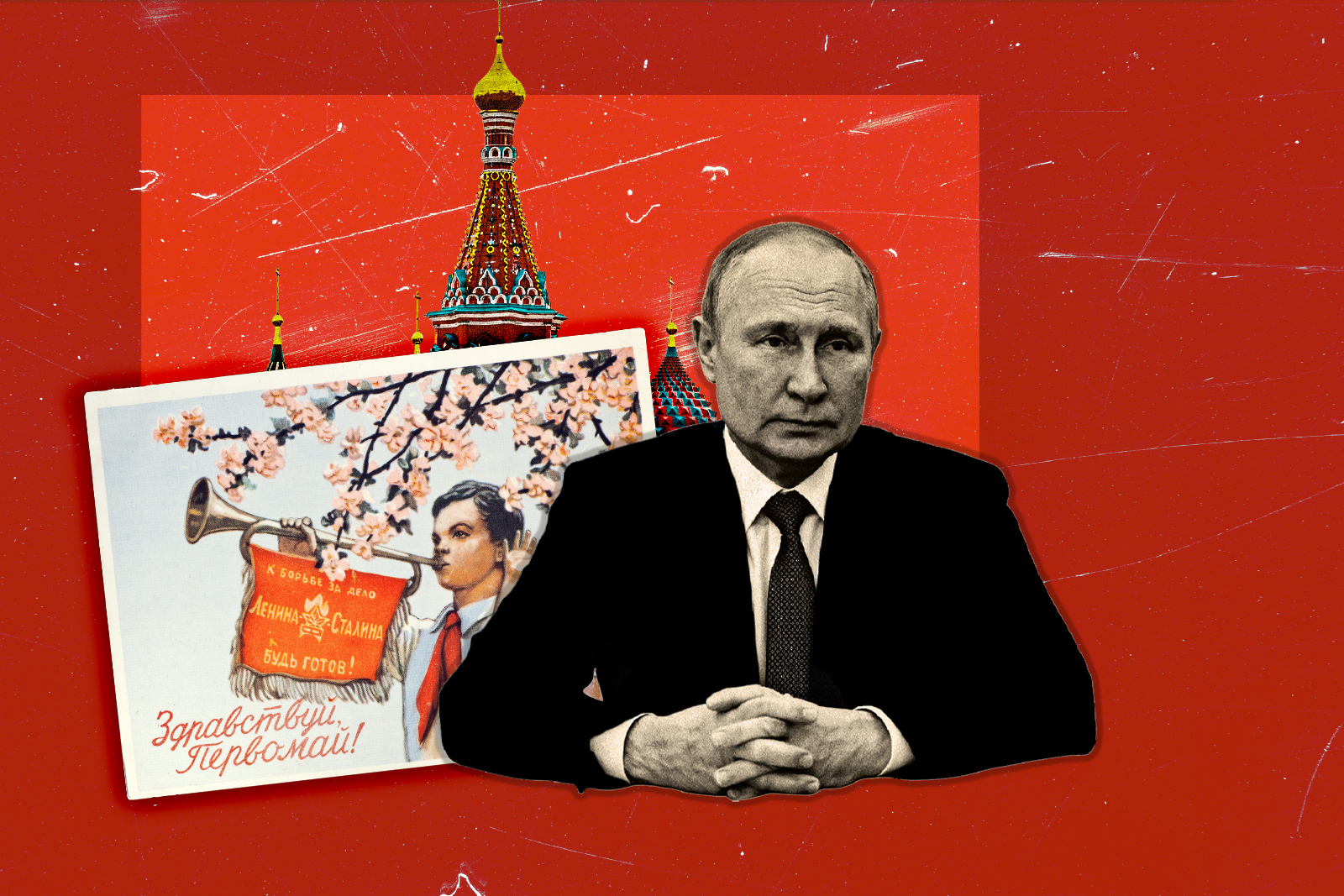
Did Putin Blow Up the Nord Stream?
Since his days working in Dresden as a ‘mid-level KGB officer,’ potentially honey trapping Western scientists and businessmen with prostitutes in the Bellevue Hotel, Vladimir Putin has been a master of deception.
This isn’t to suggest that Mr. Putin was engaged in the above operations, he more than likely was just a bureaucrat without a lot to do, but as Fiona Hill and Clifford Gaddy write in their book, Mr. Putin: Operative in the Kremlin, “Not only is it likely that Putin engaged in some or all of these activities, it is virtually inconceivable that he did not.”
Upon his return to Russia after the collapse of the Soviet Union, he continued to exercise his Machiavellian streak in St. Petersburg where his role in the mayor’s office afforded him the opportunity to seize a proportion of the city’s wealth for himself, his former KGB colleagues, and criminal affiliates.
The oil for food scheme that was set up to alleviate the scale of poverty in St. Petersburg in the early 1990s allowed the city to import food, which was desperately needed, in exchange for raw materials. Many of the contracts of hundreds of millions of dollars were given to KGB shell companies based abroad. Very little food was ever received in return for vast hauls of raw materials and minerals exported.
One contract that Putin oversaw sold 13,997 kg of rare earth metals for two thousand times less than its market value to an outfit that had been set up merely two months before, enabling it to make huge profits when sold on the world market. This state money that was washed through shell companies with the full knowledge of Putin resulted in a slush fund designed to enrich Putin and his KGB and criminal affiliates. Putin’s deception in stealing from the public purse led to his luxury holiday compound, the Ozero dacha cooperative built on the shores of Lake Komsomolskoye.
During the run-up to the 2000 presidential election after Boris Yeltsin’s resignation, Putin and his stooges sought to gain electoral victory by any means necessary in another instance of unadulterated treachery and this time, brutality. When two explosions tore through Moscow apartment buildings killing 213 people, Putin was quick to blame Chechen terrorists despite no evidence. When an FSB colonel, Mikhail Trepashkin, sought to investigate the bombings, he was tried and sentenced to four years in a military prison after telling a journalist he recognised an eyewitness sketch of a suspect as an FSB agent.
Shortly afterward, another bomb containing hexogen was found in a basement in Ryazin, a town not far from Moscow after residents reported suspicious activity. The FSB later declared this as merely a safety drill with the bags full of sugar, though it seems plausible that the bombing had been disrupted and the authorities were scrambling to avoid the scandal being exposed.
Putin utilised the attacks as a premise to mount the Second Chechen War which galvanised him as a strong leader and led to his presidential success in 2000. The staging of an attack under false pretenses was a historic KGB move, used in Hungary in 1956, Czechoslovakia in 1968, and Afghanistan in 1979 to justify Soviet intervention. Moreover, Alexander Litvinenko, a former FSB agent was so steadfast in his opinion that the state was the perpetrator of the bombings that he released the book Blowing up Russia: Terror from Within which detailed his accusations and likely contributed to his assassination in 2006. Journalists who tried to investigate the bombings were also killed, most notably, Artyom Borovik and Anna Politkovskaya.
The gas leaks that occurred in September emanating from both Nord Stream 1 and 2 pipelines, infrastructure owned by the Russian state gas company Gazprom, were wildly seen as an act of sabotage. In the context of the ever-present malevolent behaviour of Russia’s ruling elite; including the siphoning of state money to slush funds for Putin and the Siloviki, and the likely killing of swathes of Russian citizens in false flag KGB operations for electoral gain, it is not hard to imagine self-sabotage of Russian funded infrastructure for strategic gain. Whilst this seems counterintuitive, no gas was being transported through either pipeline to Europe due to the closure of supply and in the long term, Europe will wean itself off of Russian gas, making the Nord Stream infrastructure redundant.
It was envisioned that Europe’s leverage as the biggest consumer/market for Russian gas could be used to bring Putin to the negotiating table. Blowing up the Nord Stream signifies Putin’s intent to see the war through to the bitter end, as merely turning the supply off is suggestive that sufficient incentivization could see the supply recommence.
Domestically, sabotaging the infrastructure consolidates Putin’s power and reduces the threat of a coup. Potential plotters eager for the restoration of trade relationships that have enriched sections of the Russian elite have seen their biggest incentive to remove Putin vanquished. Without the infrastructure to restore trade and functioning business relationships, little economic gain can be had from removing Putin.
Both Sweden and Finland have recently applied to join NATO with Denmark voting to opt in to EU security policy meetings for the first time in 30 years. Detonating the Nord Stream charges in the Baltic Sea, so close to Danish territorial waters shows the credible threat to peace in the Baltic by Putin and may temper the rapid Baltic and Nordic embrace of NATO and the EU security policy group. Moreover, a day after the explosions the new Baltic pipeline was opened, transporting gas from the Norwegian shelf, through Denmark, and into Poland. The sabotage of the Nord Stream may signal Putin’s intent to embrace the targeting of infrastructure as Europe rushes to avoid domestic recessions created by high energy prices.
It appears entirely possible then that an administration populated by ex-KGB servicemen that have siphoned off state money into private slush funds and potentially killed Russian citizens for electoral benefit would consider sabotaging its own infrastructure for strategic gain.

